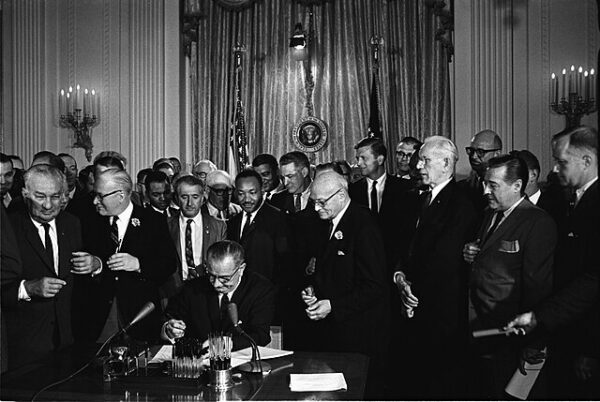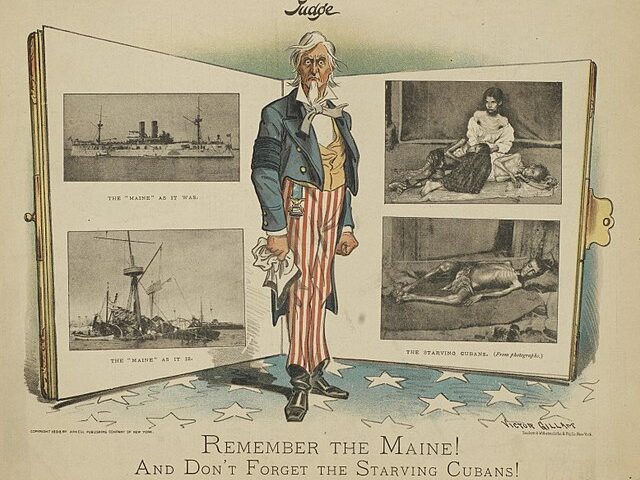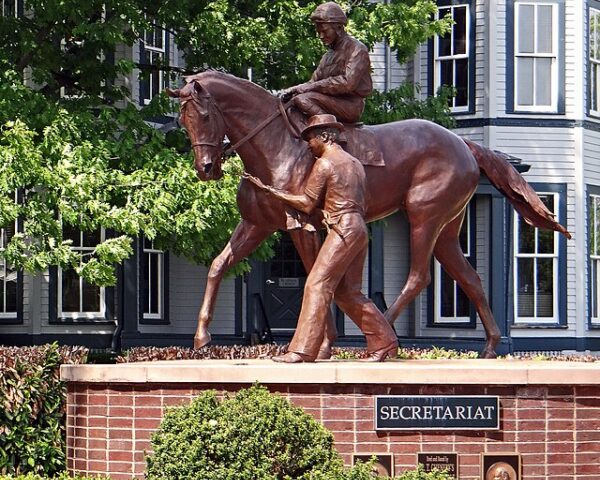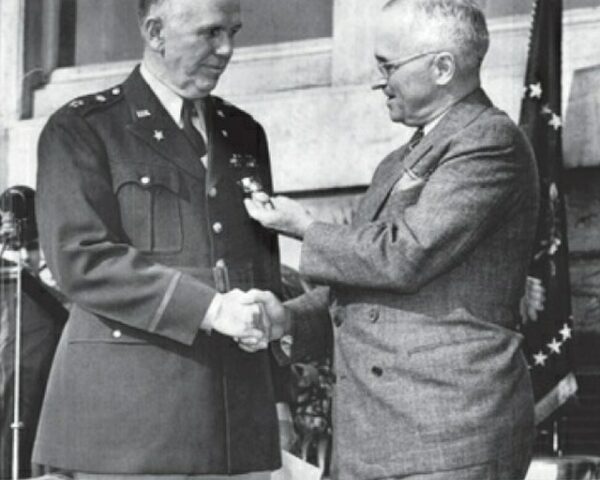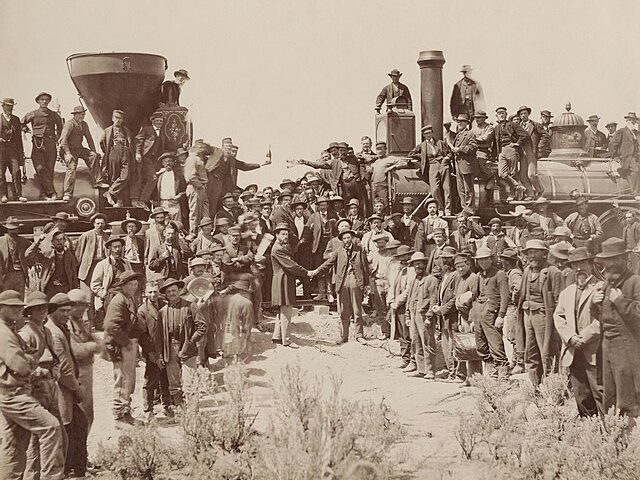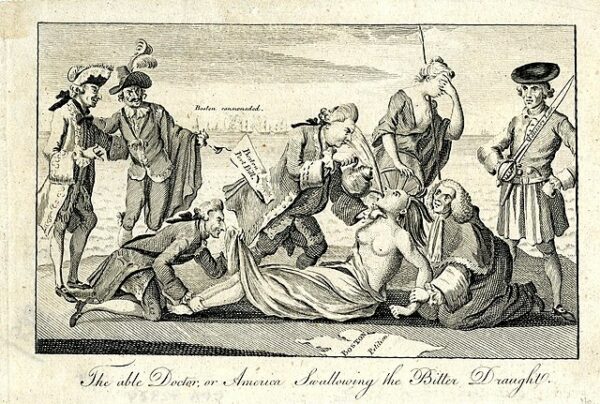In the spring of 1964, the United States Senate found itself in the throes of a historic struggle. For 75 grueling days, a filibuster, the longest in Senate history, had paralyzed the chamber, blocking the passage of the Civil Rights Act. Southern senators, determined…
Read MoreOn June 10, 1898, U.S. Marines landed at Guantánamo Bay, fighting a war against Spain and challenging their colonial rule in the Caribbean. The Battle of Guantanamo Bay, on the southeastern coast of Cuba, served as a significant start to the Spanish-American War. The battle lasted for…
Read MoreOn June, 9, 1973, one of America’s most dominant athletes secured himself a place in the pantheon of the greatest of all time. He didn’t play basketball, baseball, or football. He wasn’t even a human. Secretariat was an American thoroughbred racehorse who became the…
Read MoreThe Battle of Midway, fought from June 4 to June 7, 1942, stands as a crucial naval engagement in the Pacific Theater of World War II. This battle dramatically altered the course of the war by halting Japanese expansion and shifting the balance of…
Read MoreOn June 5, 1944, General Dwight D. Eisenhower faced one of the most crucial decisions of World War II. As the Supreme Allied Commander, he was responsible for launching Operation Overlord, the Allied invasion of Nazi-occupied Europe. Despite unfavorable weather conditions, Eisenhower decided to…
Read MoreOn June 5, 1947, United States Secretary of State George C. Marshall delivered a speech at Harvard University that shaped the course of modern history. He proposed a comprehensive aid program to help Europe recover from the devastation of World War II. This address…
Read MoreJune 5, 1956, was a day that changed Rock and Roll forever. On the Milton Berle Show, a young musician named Elvis Presley scandalized the country on national television. Elvis’s performance included exaggerated gyrations that drove the girls in the audience wild, and enraged…
Read MoreOn June 4, 1876, The Transcontinental Express, also called “The Lightning Express,” made history and it puttered into San Francisco a mere 83 hours or so after it had left New York City. “That any human being could travel across the entire nation in less than four…
Read MoreOn June 4, 1896, in the early hours of the morning, Henry Ford took his first significant step towards revolutionizing personal transportation by test-driving his pioneering invention, the Ford Quadricycle. This event marked a pivotal moment not only in Ford’s life but also in…
Read MoreOn June 2, 1774, the British Parliament passed a series of stringent measures known as the Intolerable Acts, also called the Coercive Acts, aimed at quelling growing unrest in the American colonies, particularly Massachusetts. This decisive action followed the infamous Boston Tea Party of…
Read More

